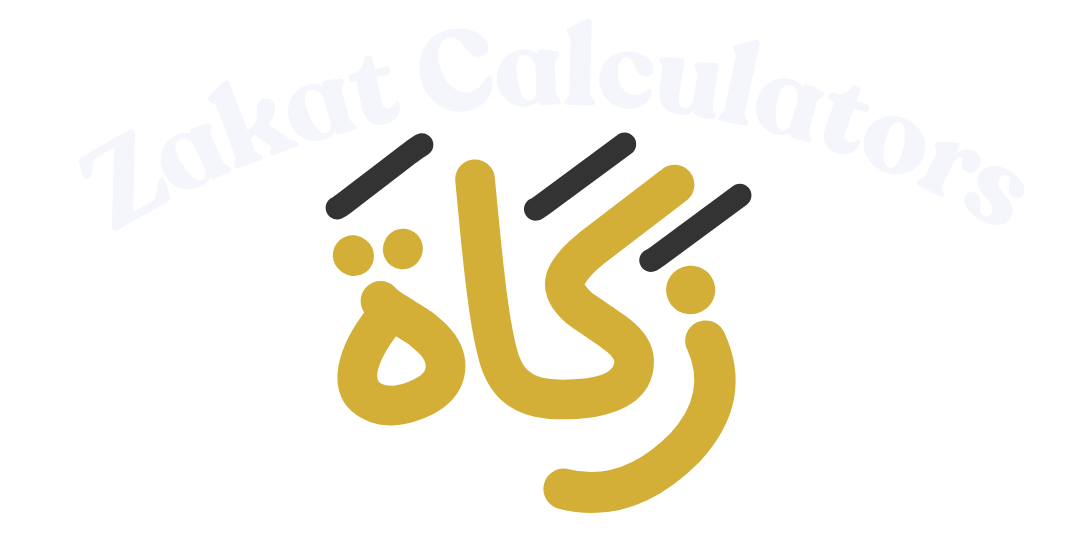Easily calculate Zakat on your rental property and trade real estate. Ensure correct 2.5% calculation and stay Shariah-compliant. Our Property Zakat Calculator provides you all features.

Property Zakat Calculator
Calculate Zakat on your real estate investments, rental properties, and property assets according to Islamic principles
Property Zakat Calculation
Residential Rental Properties
Commercial Rental Properties
Property Expenses & Liabilities
Real Estate Investment Trusts (REITs)
Development Properties
Land & Vacant Properties
Retail & Office Spaces
Industrial Properties
Hospitality Properties
Property Zakat Results
Property Portfolio Breakdown
Property Statistics
Property Zakat Guidelines
Rental Properties: Zakat is payable on rental income and property value if held for business.
Investment Properties: Zakat is due on the market value of properties held for investment.
Primary Residence: Personal residence is exempt from Zakat calculation.
Commercial Properties: Business properties are subject to Zakat on their value and income.
Zakat is payable on property assets held for one complete lunar year. Only investment and business properties are subject to Zakat.
Property Zakat Rules
- Zakat is payable on rental income received
- Investment properties are subject to Zakat
- Primary residence is exempt from Zakat
- Property debts can be deducted from total value
- Commercial properties follow business Zakat rules
- Zakat is due after one lunar year of ownership
Save & Export
Zakat Impact
Your Property Zakat of $0.00 could provide:
Importance of Zakat on Property
Zakat on property is wajib if it is intended for trade or generates rental income and reaches the Nisab threshold. This ensures that wealth tied up in property is purified and benefits those in need.
Qur’an Reference:
Surah At-Tawbah (9:34–35) – “Purify your wealth by giving Zakat.”
Social Benefit:
“Your Zakat on property helps circulate wealth, support communities, and assist families in need.”
Summary
This Property Zakat Calculator makes it simple to determine your Zakat liability on real estate and rental properties. Enter property values and rental income to calculate instantly.
Frequently Asked Questions
Zakat on property is only due if the property is purchased for trade or investment purposes, such as plots for resale or rental properties that generate income. The calculation is as follows:
Step 1: Determine the current market value of the trade property or land.
Step 2: Add any rental income or related assets you hold.
Step 3: Check if the total reaches the Nisab threshold (value of 612.36 grams of silver or equivalent cash).
Step 4: Pay 2.5% of the total value as Zakat.
Note: Your personal residence or family home is exempt, as it is not considered trade wealth.
The minimum value (Nisab) for Zakat is based on the value of silver (612.36 grams) or gold (87.48 grams), whichever method is chosen.
If the property’s value plus other Zakatable assets reaches or exceeds this threshold, Zakat becomes obligatory.
For example, if the Nisab (silver) is worth PKR 100,000, and your property trade assets are PKR 150,000, Zakat is due.
You do not pay Zakat on the house you live in or use for personal/family purposes. Zakat applies only if:
The house was purchased with the intention to sell (trade property).
The house is rented out, and you earn rental income. In this case, Zakat is due on the savings from rental income, not the house itself.
This distinction is essential to avoid confusion between personal and trade assets.
Inherited property is not subject to Zakat unless:
You intend to sell it for profit (then it becomes trade property).
It generates rental income, in which case Zakat applies to the savings accumulated from that income after one lunar year.
If the property is simply held or used as a family residence, no Zakat is due.
If you purchased a property through a loan:
Zakat is still calculated on the current market value of the property if it was purchased for trade.
Short-term debt (due within one year) may be deducted from your total wealth before calculating Zakat.
Long-term loans (like mortgages) are not deducted in full, only the upcoming year’s installment is considered.
This ensures fairness and avoids misuse of the debt exemption.
Yes, but only under these conditions:
The property is for business or resale purposes.
The property generates income that accumulates and reaches Nisab.
The property has been held for one lunar year.
Personal-use property (homes, farmland for own use) is exempt.
Zakat is not directly due on the value of the rental property itself, but on:
Rental income savings that remain in your possession after expenses for one lunar year.
If you also own trade property, you calculate Zakat on its current market value.
Example: If you earn PKR 500,000 in rent per year and save PKR 200,000, Zakat is due on the 200,000 saved balance.
Yes, Zakat is due on land if:
The land was purchased for resale or trade.
The land is considered a business asset (plots for investment).
But there is no Zakat on:
Agricultural land used for farming (different rulings apply, called Ushr).
Land held for personal/family use.
Zakat is due on assets that are productive or trade-oriented, including:
Cash and savings.
Trade inventory, including real estate purchased for resale.
Rental income (savings).
Shares, investments, and business assets.
Gold and silver above Nisab.
Assets exempt from Zakat:
Personal-use home.
Personal car.
Household furniture.
Some common mistakes Muslims make include:
Paying Zakat on personal homes (not required).
Forgetting to include rental income savings.
Deducting the entire loan amount instead of just the yearly installment.
Not updating the market value of trade property each year.
Missing Zakat on land purchased for investment.
Being precise ensures your Zakat purifies your wealth properly and fulfills your Islamic obligation.
